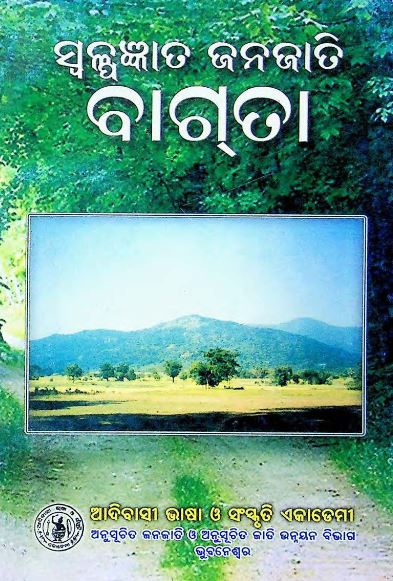In the rich tapestry of India’s diverse cultural heritage, the tribes of Odisha hold a unique and significant place. The essay book “Swalpagyata Janajati Bagta,” edited by Judhisthir Sahu and Ananta Charan Sahu, published in 2006, serves as a profound exploration of the identity, traditions, and cultural practices of the tribal communities within the state. This anthology not only provides insight into the socio-cultural dynamics of these communities but also reflects on the challenges they face in the modern world.
The term “Swalpagyata” translates to ‘limited knowledge’ or ‘minority,’ signifying the often-overlooked narratives of tribal societies in mainstream discourse. The book delves into various sub-essays that highlight the rich traditions and customs of Odisha’s tribal populations, such as the Santhal, Gond, and Saora, among others. Each essay acts as a lens through which readers can understand the intricate relationship these tribes have with their environment, their spirituality, and their way of life.
One of the compelling aspects of “Swalpagyata Janajati Bagta” is the emphasis on the traditions that define these communities. The authors meticulously document various rituals, festivals, and art forms that are intrinsic to tribal life. For instance, the book discusses the vibrant dance forms, traditional music, and handicrafts that encapsulate the spirit of the tribes. These cultural expressions serve not only as a means of identity but also as a method of preserving history and imparting lessons of ecological balance, harmony, and community living to future generations.
The essays also provide a critical examination of the socio-economic challenges faced by tribal groups. Issues such as land alienation, displacement due to industrialization, and the erosion of traditional practices in the wake of modern influences are poignantly addressed. The editors urge readers to recognize these vulnerabilities and advocate for the rights and recognition of tribal peoples. In doing so, “Swalpagyata Janajati Bagta” serves as a platform for voicing the concerns of marginalized communities who often remain unheard in the larger narrative of national development.
Moreover, the book emphasizes the importance of cultural preservation in an era of globalization. As cultures increasingly blend and hybridize, the distinctiveness of tribal identities often faces the threat of dilution. The essays encourage a dialogue on sustainable development that respects and nurtures traditional knowledge systems while integrating them into contemporary frameworks. This thoughtful approach reinforces the notion that tribal communities have much to contribute to global conversations on environmental sustainability, social cohesion, and cultural diversity.
In conclusion, “Swalpagyata Janajati Bagta” stands as an essential work for anyone interested in understanding the complexities of tribal life in Odisha. It not only celebrates the rich traditions and culture of these communities but also raises critical awareness about their struggles and aspirations. By shedding light on the life of tribes often relegated to the margins, this book fosters a deeper appreciation for the diversity that enriches our society. It invites readers to engage with and advocate for the recognition and support of tribal cultures, ensuring that these priceless heritages continue to thrive in the tapestry of Indian civilization.
Books Info
| Books name | Swalpagyata Janajati Bagta |
| Author | Indulata Das |
| No Of pages | 457 |
| Publisher | NA |
| Publication | 2006 |
| Printed At | NA |
| Distributor | NA |

